Author: Will Lovell
Released in 1972 as a dual-purpose English variety, Target hops possess solid bittering potential while purportedly imparting beer with pungent citrus notes along with pleasant hints of herbs and spice. Given its moderate alpha acid content, Target has historically been used for bittering, though recently it’s experienced an uptick in popularity among brewers looking to put a unique spin on modern versions of IPA.
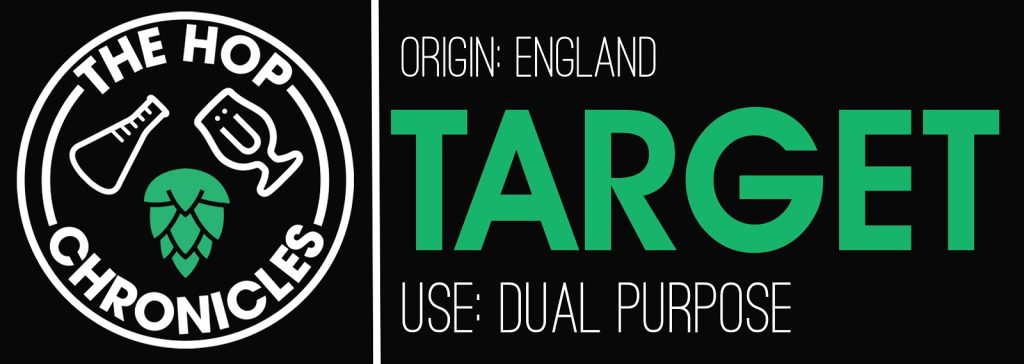
Alpha: 8 – 14%
Beta: 4 – 6%
Cohumulone: 30 – 40% of alpha acids
Total Oil: 1.0 – 2.0 mL/100g
Myrcene: 40 – 50%
Humulene: 10 – 20%
Caryophyllene: < 1.0%
Farnesene: < 1.0%
Linalool: < 1.0%
Geraniol: < 1.0%
ß-Pinene: < 1.0%
Parentage: Northern Brewer and male Eastwell Golding
Considering its age, origin, and existing descriptors, Target isn’t a hop I’ve ever been particularly interested in. I love British ale, but when brewing them myself, I’ve tended to stick with classics like Fuggles, EKG, and Challenger. After learning that some brewers are getting strong citrus characteristics when using Target later in the process, I picked some up and was excited to put it through the paces of The Hop Chronicles!
| MAKING THE BEER |
I went with our standard Hop Chronicles Pale Ale recipe for this batch, making small adjustments to the kettle hop additions to keep the bitterness in check.
Target Pale Ale
Recipe Details
| Batch Size | Boil Time | IBU | SRM | Est. OG | Est. FG | ABV |
|---|---|---|---|---|---|---|
| 5.5 gal | 60 min | 34.8 | 5.9 SRM | 1.051 | 1.011 | 5.25 % |
| Actuals | 1.051 | 1.011 | 5.25 % | |||
Fermentables
| Name | Amount | % |
|---|---|---|
| Wildfire Pale Malt | 10 lbs | 83.33 |
| Vienna Malt | 2 lbs | 16.67 |
Hops
| Name | Amount | Time | Use | Form | Alpha % |
|---|---|---|---|---|---|
| Target | 10 g | 60 min | Boil | Pellet | 10.3 |
| Target | 15 g | 20 min | Boil | Pellet | 10.3 |
| Target | 21 g | 5 min | Boil | Pellet | 10.3 |
| Target | 56 g | 2 min | Boil | Pellet | 10.3 |
| Target | 56 g | 4 days | Dry Hop | Pellet | 10.3 |
Yeast
| Name | Lab | Attenuation | Temperature |
|---|---|---|---|
| Flagship (A07) | Imperial Yeast | 77% | 32°F - 32°F |
Notes
| Water Profile: Ca 92 | Mg 0 | Na 0 | SO4 152 | Cl 49 |
Download
| Download this recipe's BeerXML file |
After collecting the full volume of RO water, adjusting to my desired profile, and flipping the switch on my Delta Brewing AIO controller to get it heating up, I weighed out and milled the grains.
When the water properly heated, I incorporated the grains.
Next, I checked to ensure the mash was at my desired temperature.
During the mash rest, I prepared the kettle hop additions.
Once the 60 minute mash was complete, I removed the grains and proceeded to boil for 60 minutes, adding hops at the times stated in the recipe.
When the boil was complete, I quickly chilled the wort then took a refractometer reading showing it was at my target OG.
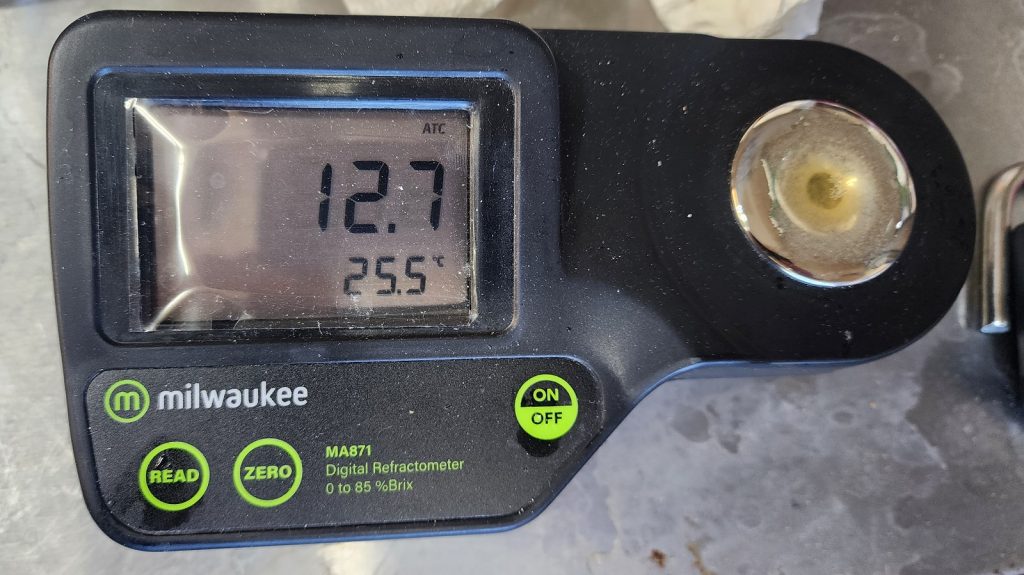
After transferring the wort to a sanitized fermenter, I direct pitched a single pouch of Imperial Yeast A07 Flagship.
The beer was left to ferment at 66°F/19°C for a week before I took a hydrometer measurement confirming FG was reached.
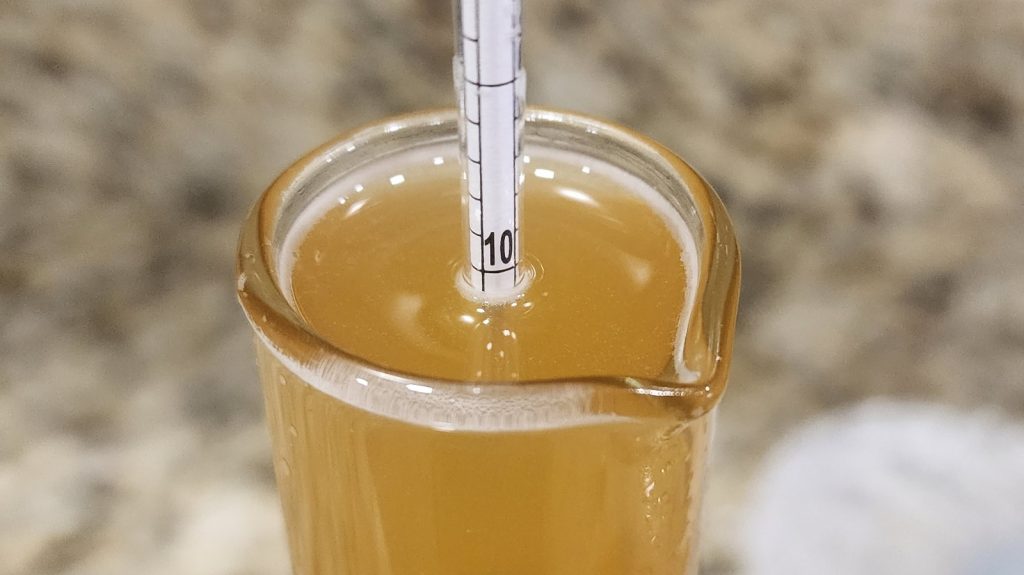
With fermentation complete, I cold crashed the beer then pressure-transferred it to a CO2 purged keg, which was placed in my kegerator and burst carbonated overnight before the gas was reduced to serving pressure. After a couple weeks of conditioning, it was ready to serve to blind tasters.
| METHOD |
Participants were instructed to focus only on the aromatic qualities of the beer before evaluating the flavor. For each aroma and flavor descriptor, tasters were asked to write-in the perceived strength of that particular characteristic on a 0-9 scale where a rating of 0 meant they did not perceive the character at all and a 9 rating meant the character was extremely strong. Once the data was collected, the average rating of each aroma and flavor descriptor was compiled and analyzed.
| RESULTS |
A total of 20 people participated in the evaluation of this beer, all blind to the hop variety used until after they completed the survey. The average aroma and flavor ratings for each descriptor were plotted on a radar graph.
Average Ratings of Aroma and Flavor Perceptions
The 3 characteristics endorsed as being most prominent by participants:
| Aroma | Flavor |
| Citrus | Citrus |
| Stone Fruit | Tropical Fruit |
| Tropical Fruit | Apple/Pear |
The 3 characteristics endorsed as being least prominent by participants:
| Aroma | Flavor |
| Onion/Garlic | Dank/Catty |
| Dank/Catty | Onion/Garlic |
| Resinous + Grassy (tie) | Resinous + Earthy/Woody (tie) |
Next, participants were asked to rate the pungency/strength of the hop.
Tasters were then instructed to identify beer styles they thought the hop would work well in.
Finally, participants were asked to rate how much they enjoyed the hop character on a 0 to 10 scale.
My Impressions: To my palate, this single-hop Target Pale Ale had what I can only describe as classic English hop character with a hint of citrus that made it rather enjoyable to drink.
| CONCLUSION |
As is the case with many older hop varieties, Target, which has been around for over a half-century at this point, was commonly associated with the styles of beer that were popular in the region it hails from. In this case, that was England where it was often used for bittering styles such as Bitter and Mild. More recently, some curious brewers have been using Target later in the process for hoppier styles, reporting it imparts a pleasantly pungent citrus note with hints of spice and herbs.
Indeed, the most prominent aroma and flavor characteristics noted by people who evaluated a Pale Ale made solely with Target were citrus, tropical fruit, and stone fruit, while less desirable onion/garlic, dank/catty, and resinous were among the least endorsed characteristics. Unsurprisingly, the style most tasters felt Target would work well in is APA/IPA, though a number also noted pale lager.
It’s possible my perception of this beer was biased by my awareness that Target is of English origin, but even so, I was rather pleased with the citrus character in contributed. While less pungent than many modern American and New World hops, I felt this beer was decently balanced for being made with a single variety, though I certainly look forward to seeing how it works when used in combination with other varieties.
Target hops are available now at Yakima Valley Hops, get some while you can! If you have any thoughts on this variety, please feel free to share them in the comments section below.
Support Brülosophy In Style!
All designs are available in various colors and sizes on Amazon!
Follow Brülosophy on:
FACEBOOK | TWITTER | INSTAGRAM
If you enjoy this stuff and feel compelled to support Brulosophy.com, please check out the Support page for details on how you can very easily do so. Thanks!


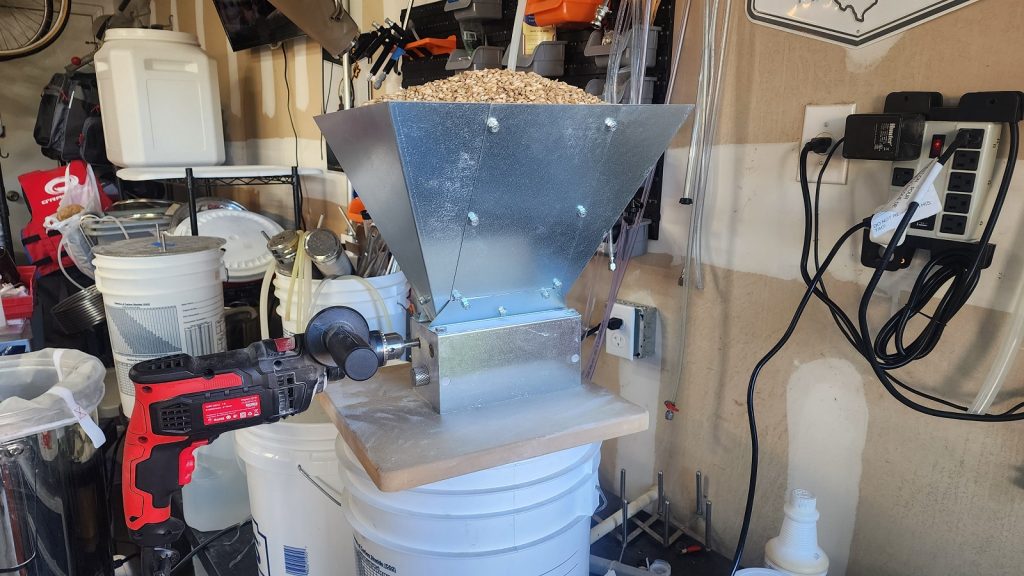
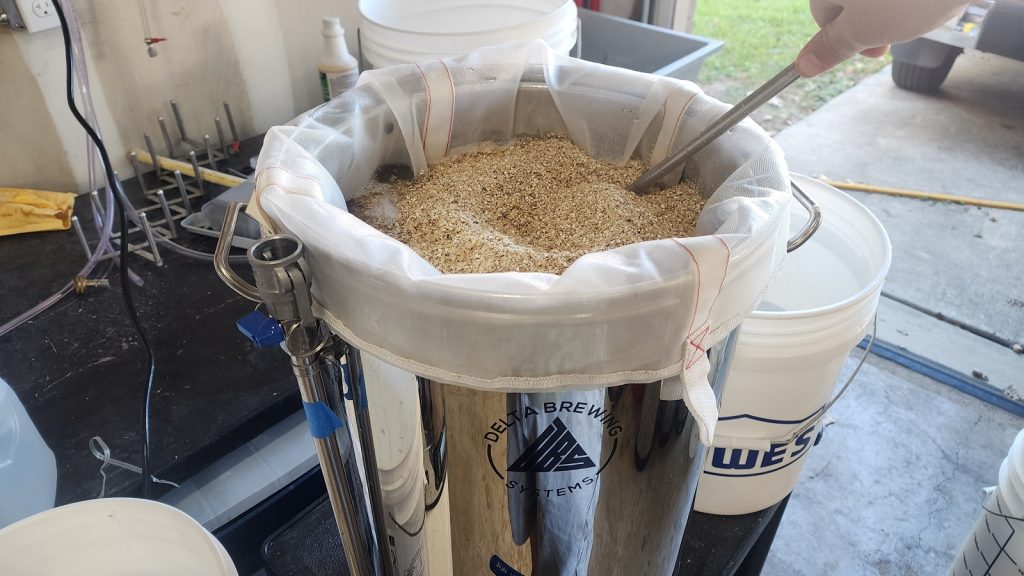
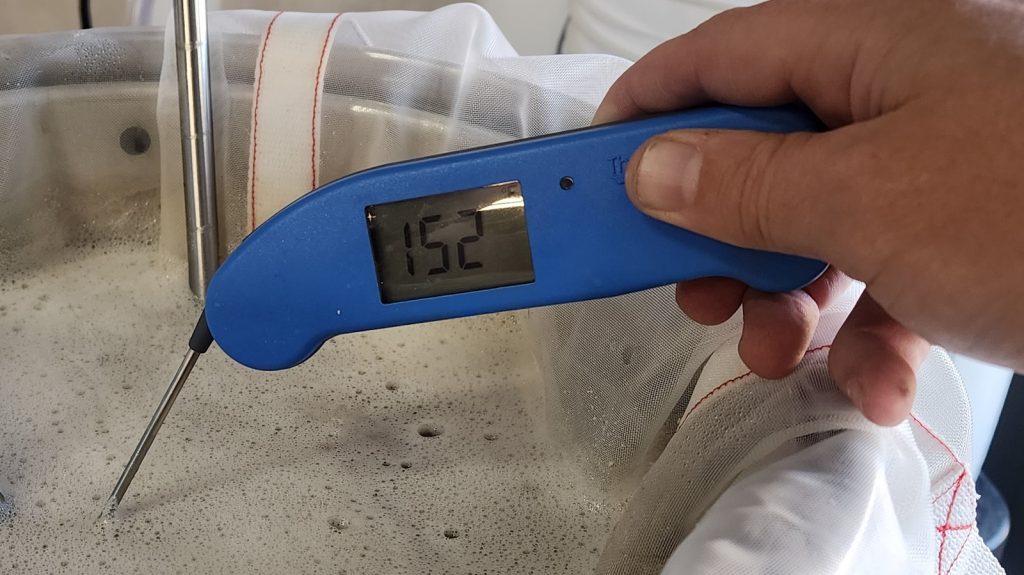
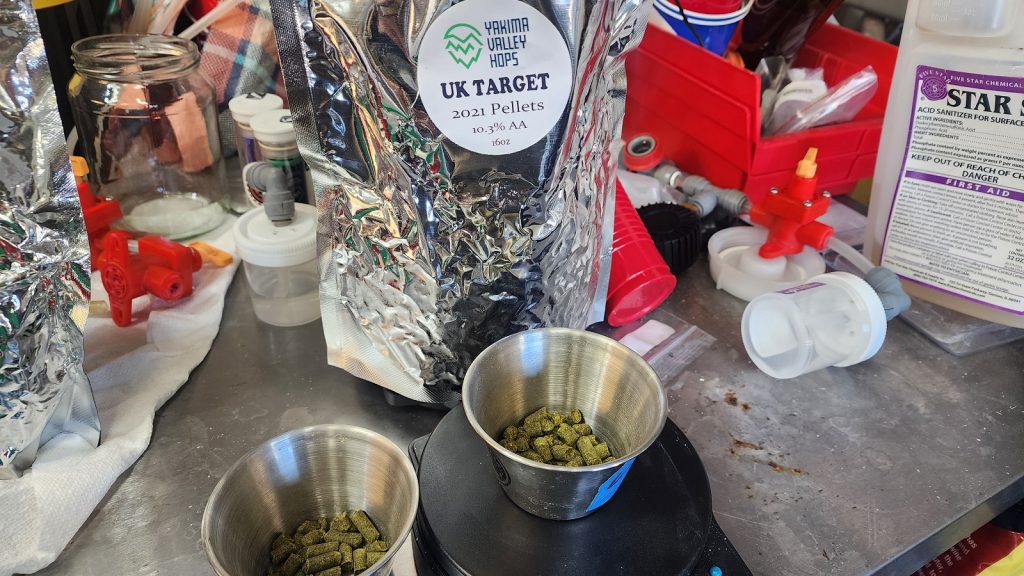
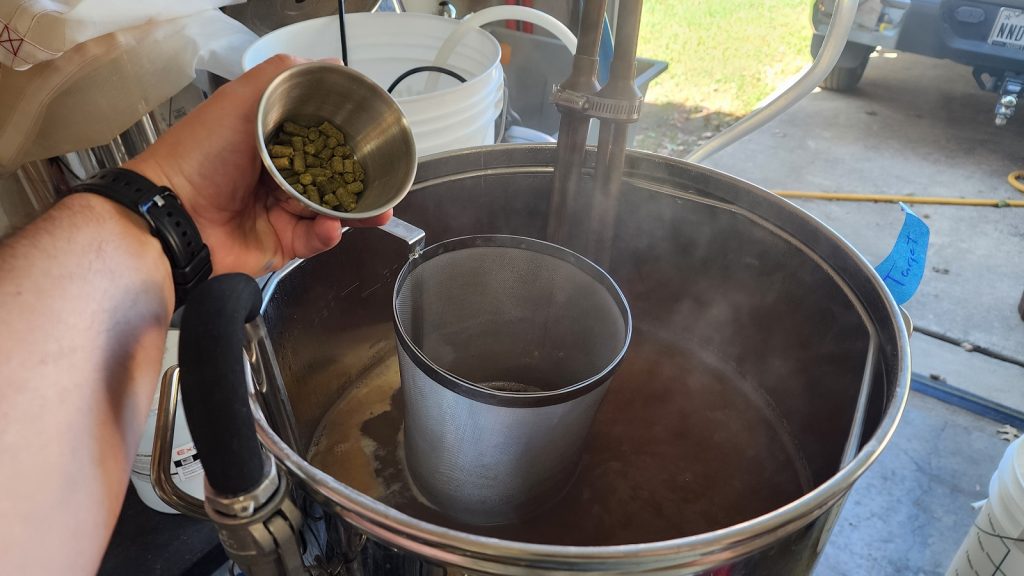
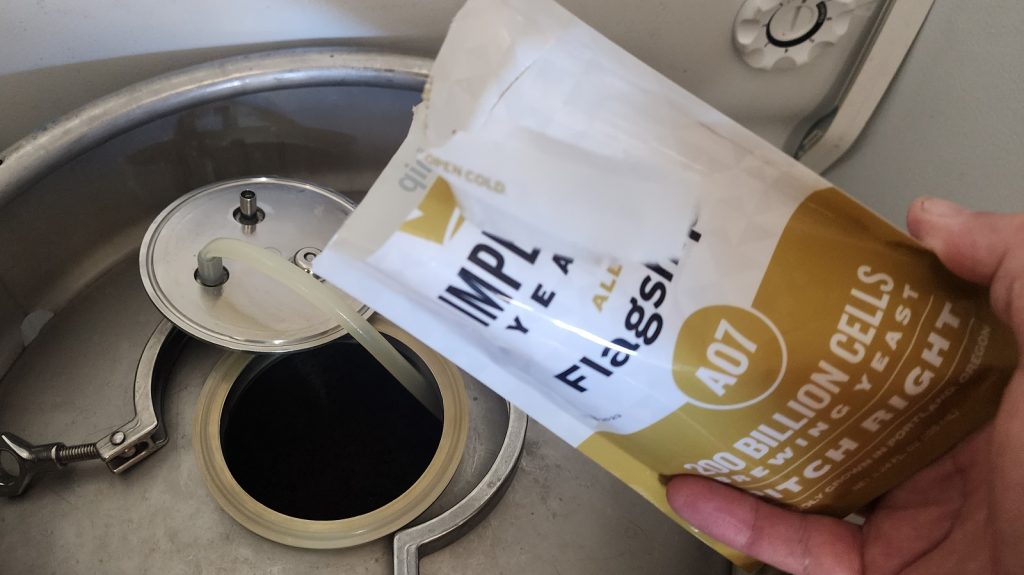
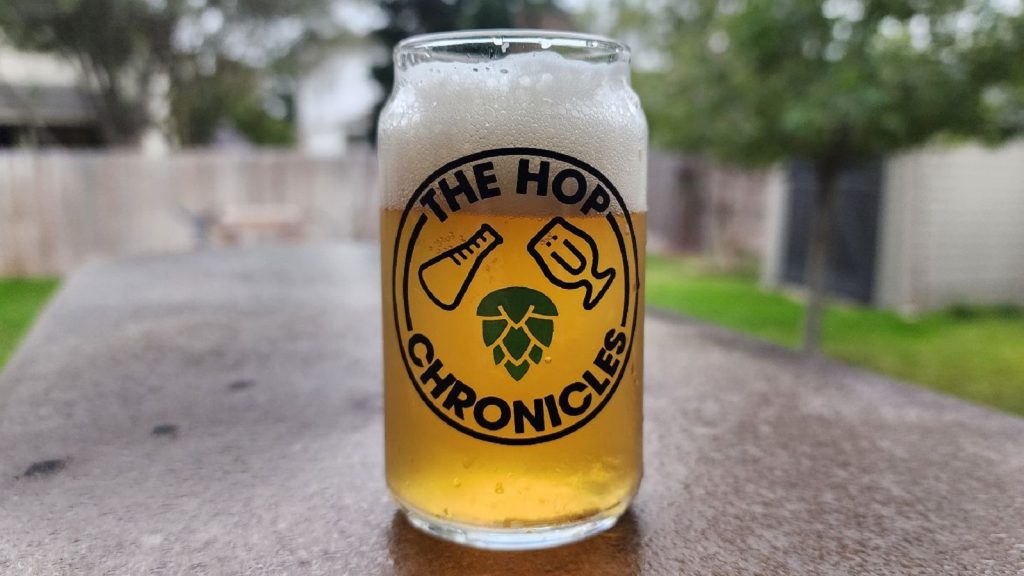

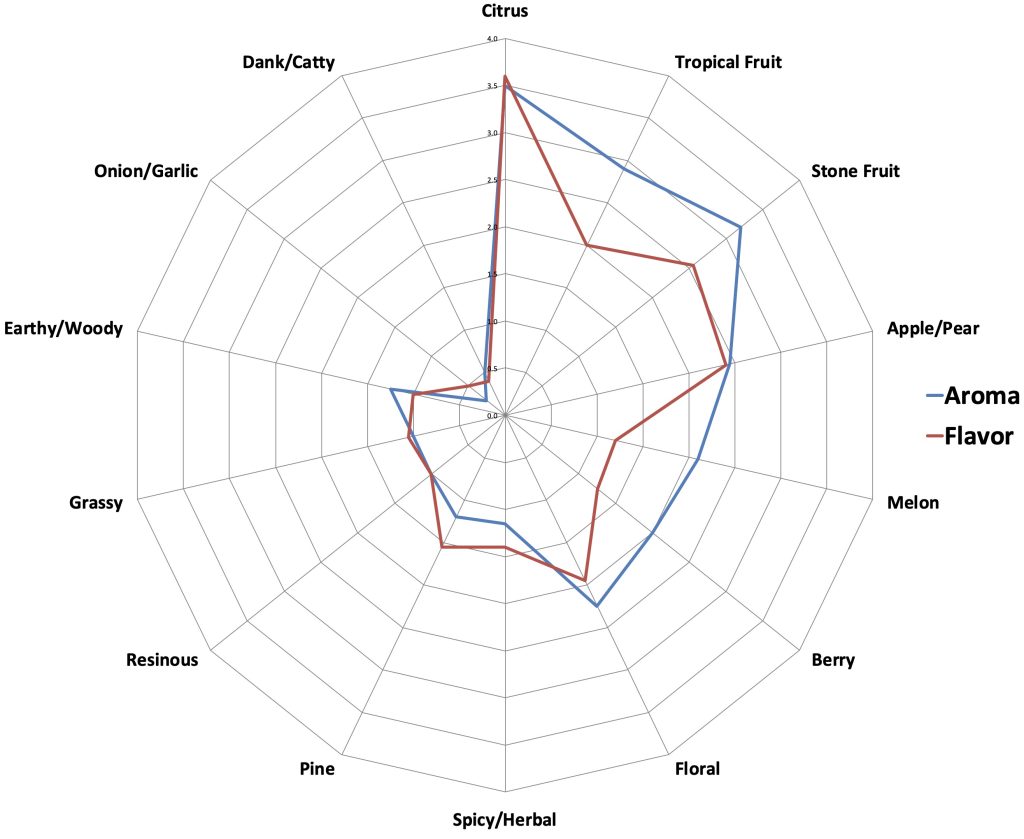
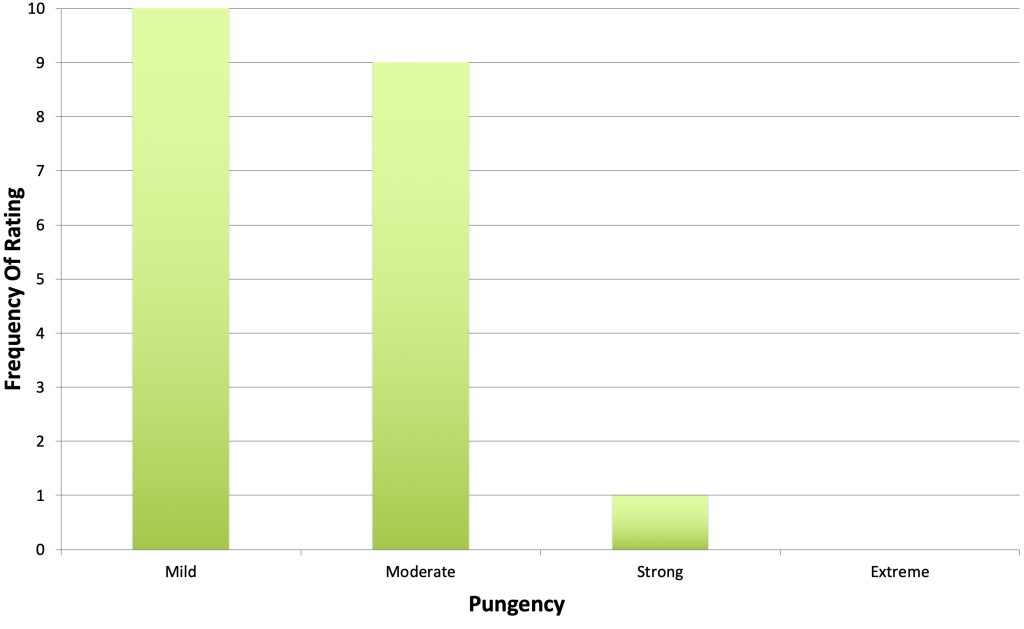
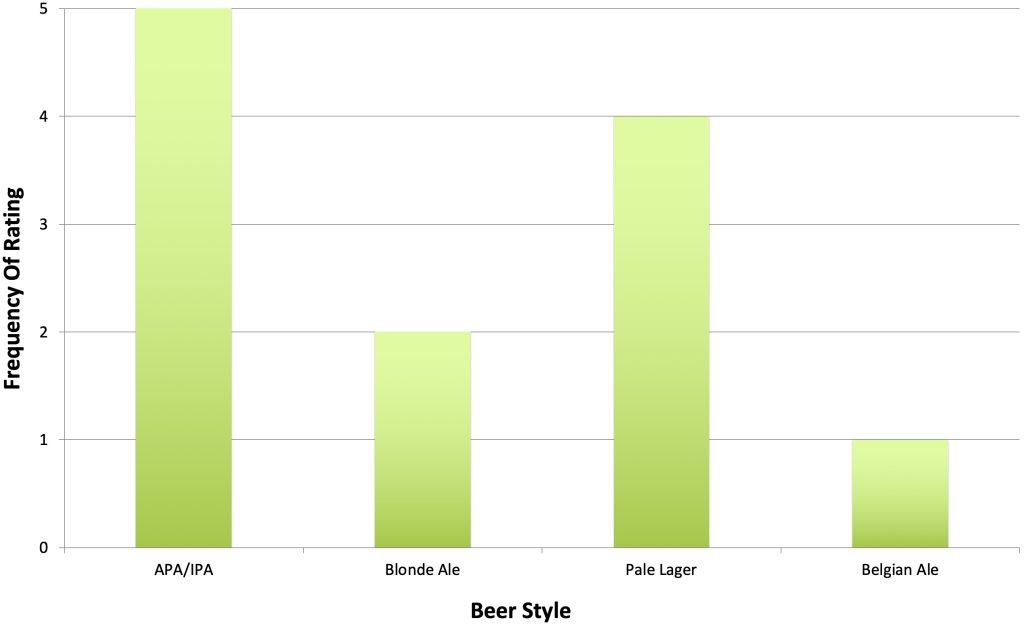
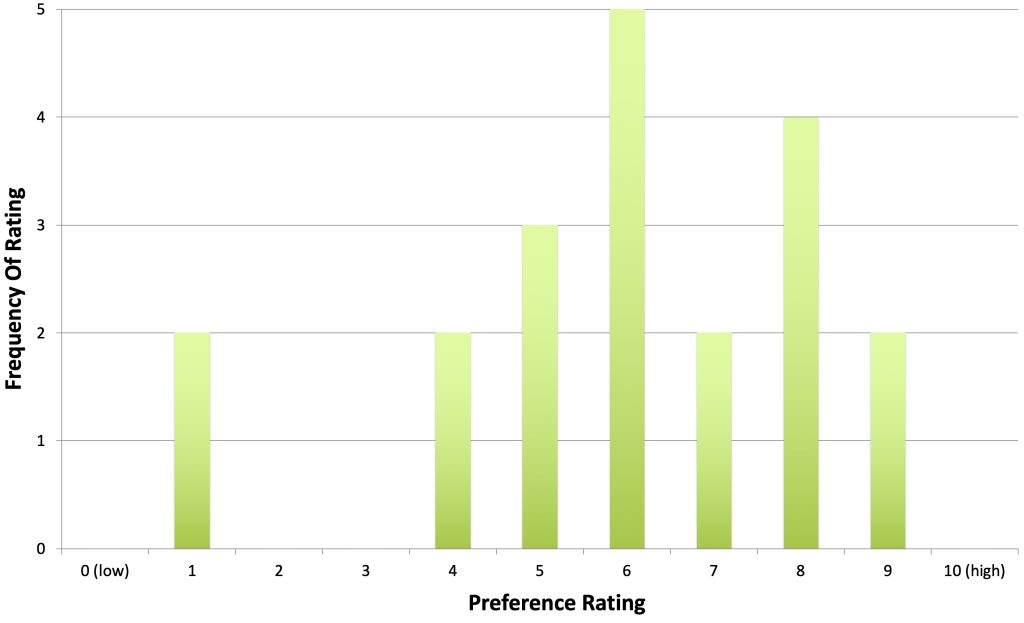








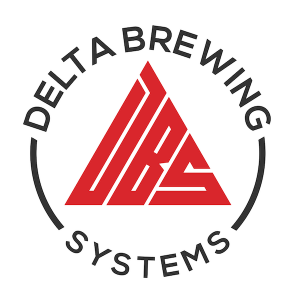


7 thoughts on “The Hop Chronicles | Target (2021) Pale Ale”
I’m one of those that gets orange from Target. Years ago I made a couple hop sampler batches (à la Basic Brewing Radio) using Challenger and Target side by side; Challenger was a bizarre one with indescribable spicy flavours while Target tasted purely of purely canned mandarin orange segments.
Thanks for another interesting single hops test.
Am I reading the figures wrong, or are the three most prominent flavors from the blind test citrus followed by stone fruit (Not tropical fruit) and apple/pear (tie)…?
Yeah, might be a typo. Citrus was far and away most dominant when I tasted it.
I think the citrus mandarin flavour and aromas of Target would have been more assertive if they were used for dry hopping after fermentation and after cold crashing, at a rate of between 2 and 4g per litre. A small single addition of target for the full boil works well, the rest as cold crashed dry hopping. I have had amazing results when used with EKG as cold crashed dry hop additions. Matches any Americans hops in Pale Ales without the harshness of hops like Citra.
I find it interesting how low it scores on “resinuous” and “pine”, which is often a considerable factor in the flavour of these citrusy hops.
Maybe that’s more of an American hop characteristic. Particularly in some of the new English varieties berry, stonefruit and apple/pear are much more common alongside citrussy flavours than dank or pine flavours. It’s pretty interesting
Off topic a bit, but why keep using the Standard Recipe? Hasn’t the 20 minute, 5 minute, 2 minute boil addition wisdom been debunked by Brulosophy?